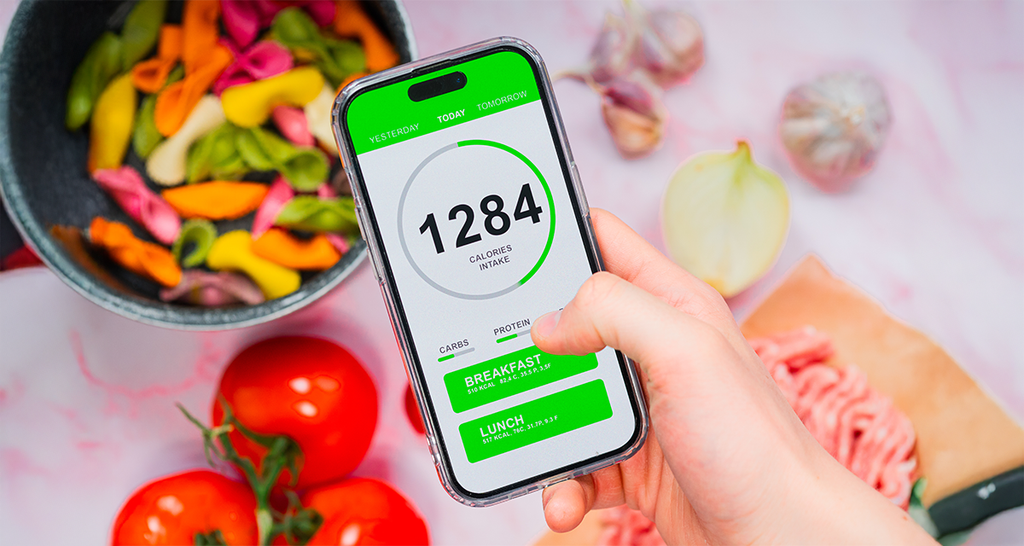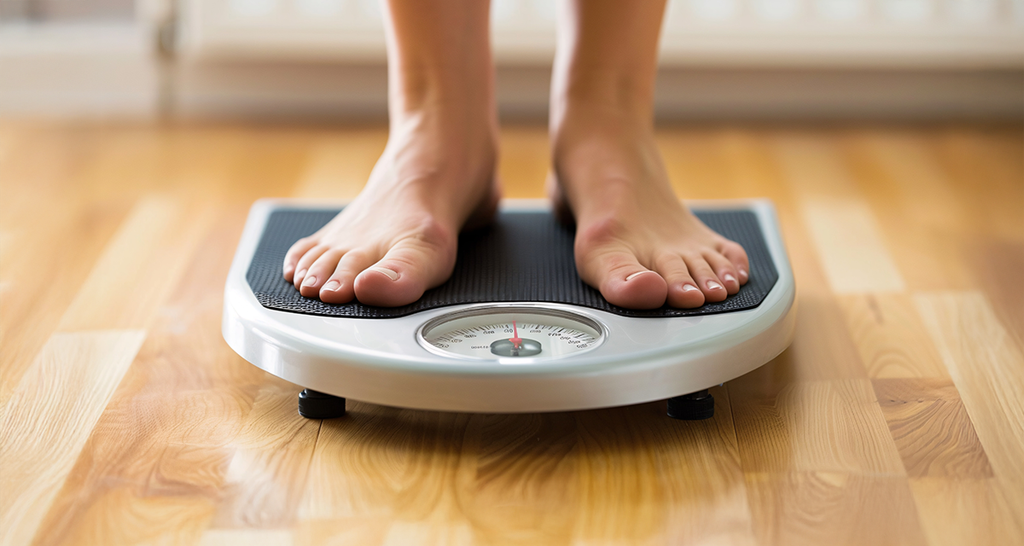
How Many Calories Should You Eat Daily? Find the Right Amount for You

In the quest for a healthier lifestyle, the question of how many calories you should consume daily is one that often arises. Whether you’re aiming for weight loss, weight management, or simply optimizing your health, finding the right daily calorie intake is crucial. But the real question is: how do you determine the right amount of calories for you?
In this blog, we’ll dive into the factors that influence your daily calorie needs, how to calculate your own personalized calorie intake, and how LightLife’s holistic approach can support your journey to a healthier you.
Understanding Calorie Needs
Calories" is the energy that your body uses to carry out its fundamental activities and sustain its functions. Each person has his or her individual calorie needs depending on a variety of factors like age, gender, weight, height, level of activity, and general well-being. Thus, the most important thing about successful weight control or improvement is understanding your body's individual requirements.
Step 1: Calculating the Basal Metabollic Rate.
Basal Metabollic Rate lets you determine the basic energy requirement of your body irrespective of how much physical activity you do. Basal Metabollic Rate or BMR can be easily calculated using a simple formula:
The equation looks like as follows:
● Calorie Required = BMR(Basal Metabolic Rate) X Activity Level
BMR for females = 655.1 + (9.563 x weight in kg) + (1.850 x height in cm) – (4.676 x age in years)
BMR for males = 66.5 + (13.75 x weight in kg) + (5.003 x height in cm) – (6.755 x age in years)
Step 2: Calorie Requirement = BMR x Activity Factor
Activity Levels for both males and females are as follows:
1. Sedentary ( little to no exercise) = 1.2
2. Lightly Active (exercise 1-3 days a week) = 1.375
3. Moderately Active (moderate exercise/ 4-5 day exercise) = 1.55
4. Very Active (strenuous sport/ 6-7 day exercise)= 1.725
5. Extra Active/Heavily Active (physically challenging job/ twice a day exercise) = 1.9
Knowing your base metabolic rate (BMR) is the first step. Your BMR tells you how many calories your body needs to carry out basic life-sustaining functions like breathing and digestion. After determining your BMR, you can calculate your Total Daily Energy Expenditure (TDEE) by factoring in your activity level.
Determining Your Goal: Weight Loss, Maintenance, or Gain?
Once you know your baseline calorie needs, it's time to adjust based on your personal goals:
-
For Weight Loss: A calorie-restricted diet meal plan is typically recommended, where you consume fewer calories than your TDEE. This can be done by cutting down on your intake by 10-20%, depending on how fast you want to lose weight. But, it’s important to avoid extreme calorie restrictions, as they can lead to nutrient deficiencies and muscle loss. Opting for a balanced calorie restriction plan that focuses on healthy, nutrient-dense foods is a smarter approach.
How to Determine Calorie Deficit:
Recommended Calories = Calorie Requirement - 500
For example,
Recommended Calories = 2250-500 = 1850 kcal
-
For Weight Maintenance: If you want to maintain your current weight, aim to match your TDEE with your calorie intake.
-
For Muscle Gain: To enhance muscle development, you’ll need to increase your daily calorie intake by 5-10% above your TDEE to provide the extra energy required for muscle repair and growth.
While calorie restriction can help with weight loss, the key is quality over quantity. It’s not about cutting calories but about making better food choices, choosing nutrient-rich foods that nourish your body without making you feel deprived.
Still feel a little overwhelmed? The LightLife app makes it easy. Just answer a few questions about your height, weight, and age—and it will calculate your BMR, ideal body weight, and it will generate your calorie requirement, and also the customized diet plan for your needs.
No more guesswork. Just download the app and start your journey.

The Importance of a Balanced Diet
When managing your daily calorie intake, it's not just about the number—it's about where those calories come from.
Proteins, carbs, and fats all contribute to your calorie count, but the key is balance and quality. A healthy calorie-restricted diet should include:
-
Lean proteins for strength and repair
-
Complex carbs for steady energy
-
Healthy fats for brain and heart health
-
Fruits and vegetables for essential vitamins and fiber
Give your body the fuel it needs—not just fewer calories, but better ones.
A calorie-restricted diet meal plan should focus on giving your body the nutrients it needs to function at its best.
Choose whole foods that require minimal processing such as whole grains (brown rice, quinoa, oats), lean proteins (chicken, fish, legumes, tofu), fruits and vegetables and healthy fats (avocados, nuts, olive oil).
Not only do these foods provide essential vitamins, minerals, and fiber, but they also help keep you fuller for longer, reducing the chances of overeating. Additionally, it’s essential to keep your gut health in check, as it plays a major role in how your body processes food and absorbs nutrients. By supporting your digestive system, you’ll improve your metabolism and the efficiency of your body’s calorie usage.
Track Your Progress
To achieve your calorie goals, tracking your progress is key. While the scale is one measure of success, it doesn’t tell the whole story. LightLife’s app makes it easy to track all aspects of your wellness, from calories to water intake, physical activity, energy levels, and sleep. With this comprehensive tracking, you’ll gain insights into how your body responds to different foods, exercise routines, and lifestyle changes.
By analyzing your metrics regularly, you can see what works best for your body and adjust your calorie consumption and other health routines accordingly. This customized way makes it easier to stay on track with your weight management goals.
Conclusion: Calorie Management for Optimal Health
Calculating how many calories you need to consume on a daily basis is a personalised process that requires consideration of your individual needs, activity level, and goals. By understanding your ideal body weight, BMR, BMI and adjusting your calorie intake accordingly, you can achieve sustainable weight management. However, it's important to focus not just on the quantity of calories but also on the quality of food you consume.
It's important to focus not only on the quantity of calories but also on the quality of the food you consume.
With LightLife’s health-tracking app, you can streamline your calorie management, making it easier to stay on track and feel your best every day. Whether your goal is weight loss, muscle gain, or weight maintenance, LightLife offers the tools to support your journey toward a healthier, more vibrant you.
Get started on your health journey today by downloading the LightLife app and tracking your metrics!






